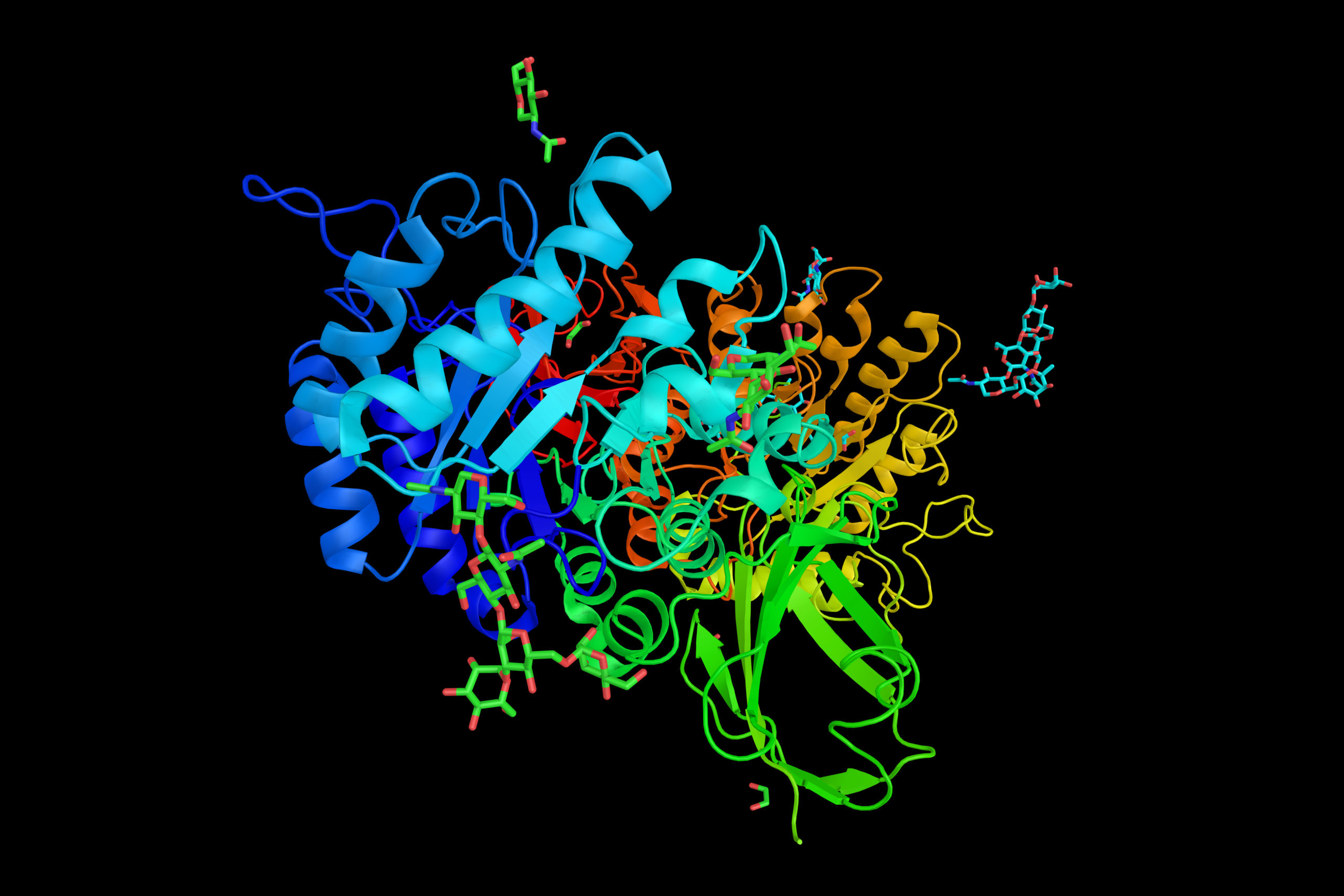The Genesis of This Lecture
I first began teaching freshman chemistry at Berkeley in the spring of 1983. Typically we lectured in halls that held about 550. On the first day of class you could fit in 680, which we had that particular morning. It was a full auditorium. Those of you who have had freshman chemistry at a large university will know that many have mixed feelings about that course.
I had never addressed a group of 680 people before and was a bit concerned about it. But I had a fantastic demonstration prepared for them. At Berkeley in the physical science lecture hall, the stage is in three parts. It rotated around, so you could go to your part of the stage and work for several hours before your lecture, getting everything ready. My assistant, Lonny Martin who did all the chemistry demonstrations at Berkley, was in the process of setting up 10 moles of a large number of quantities—10 moles of benzene, iron, mercury, ethyl alcohol, water, etc. At just the right time, at the grand crescendo of this lecture, I was going to press the button and Lonny would come turning around and show them the ten moles of various items. The student would have great insight as they realized that all these had in common was about the same number of molecules of each one.
It was going to be wonderful. We got to that point in the lecture and I said, “Lonny, come around and show us the moles.” I pressed the button to rotate the stage but nothing happened. I didn’t realize that he was overriding my button press because he wasn’t ready with the moles. This was very embarrassing. I went out in front of the 680 students and was really at a complete loss of what to say, so I made some unprepared remarks. I said, “While we’re waiting for the moles, let me tell you what happened to me in church yesterday morning.”
I was desperate. There was great silence among those 680 students. They had come with all manner of anticipations about freshman chemistry, but stories about church were not among them!
Read More ›





